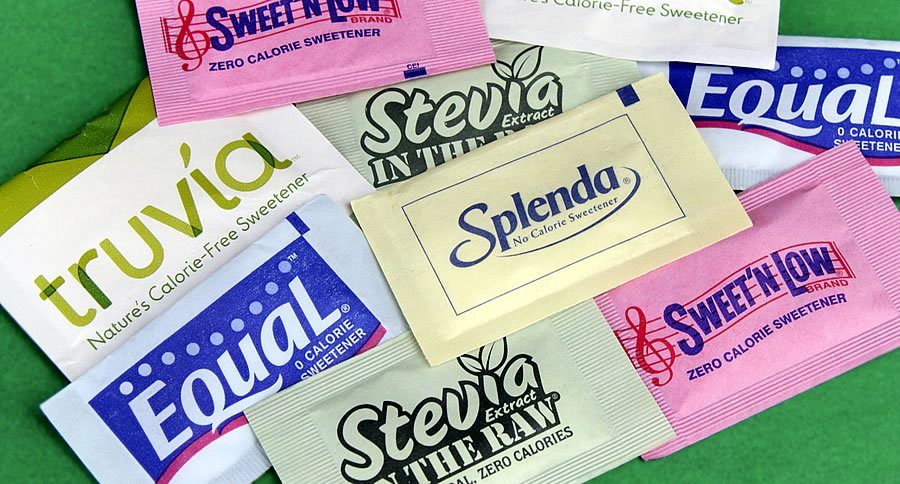University of South Australia Researchers Shows That Artificial Sweeteners Actually Causing More Health Damage
Source: Thailand Medical News Dec 18, 2019 5 years, 4 months, 1 week, 1 day, 15 hours, 9 minutes ago
According to researchers from the University of South Australia, the US$3.2 billion industry to help people lose weight through
artificial sweeteners may be contributing to
type 2 diabetes.

A recently published review led by Professor Dr Peter Clifton from University Of South Australia, reveals that people who use
low-calorie sweeteners (LCS) are more likely to gain weight, the exact opposite of what consumers expect.This is despite controlled clinical trials showing that
artificial sweeteners do lead to weight loss.
Statistically, there has been a 250 per cent increase in
Low Calorie Sweeteners usage among children and a 54 per cent increase among adults in the past 20 years, Prof Clifton says.
Low calorie sweeteners are used in place of sucrose, glucose and fructose. They have an intense sweet flavour without the calories, but recent studies have highlighted potential adverse health effects. They are used in confectionary, snacks, cola and bottled drinks etc.
Dr Clifton says a US study of 5,158 adults over a seven-year period found that those who consumed large quantities of
artificial sweeteners gained more weight than non-users.
He told
Thailand Medical News, "Consumers of
artificial sweeteners do not reduce their overall intake of sugar. They use both sugar and
low-calorie sweeteners and may psychologically feel they can indulge in their favourite foods.
Artificial sweeteners also change the
gut bacteria which may lead to weight gain and risk of
type 2 diabetes."
Studies have shown that
Artificially sweetened beverages (
ASB) are also linked with increased risks of death and cardiovascular disease, and strokes and dementia among older people, but it is not clear why.
Dr Clifton cites 13 studies which investigated the effects of
ASB intake on the risk of type 2 diabetes, all of which found either no link or a positive one. One study found that substituting
ASB for sugar-sweetened beverages or fruit juices was associated with a 5-7 per cent lower risk of
type 2 diabetes.
Dr Clifton advised, "A better option than
low-calorie sweeteners is to stick to a healthy diet, which includes plenty of whole grains, dairy, seafood, legumes, vegetables and fruits and plain water.”
Reference : Yoona Kim et al, Non-nutritive Sweeteners and Glycaemic Control, Current Atherosclerosis Reports (2019). DOI: 10.1007/s11883-019-0814-6<
br />
